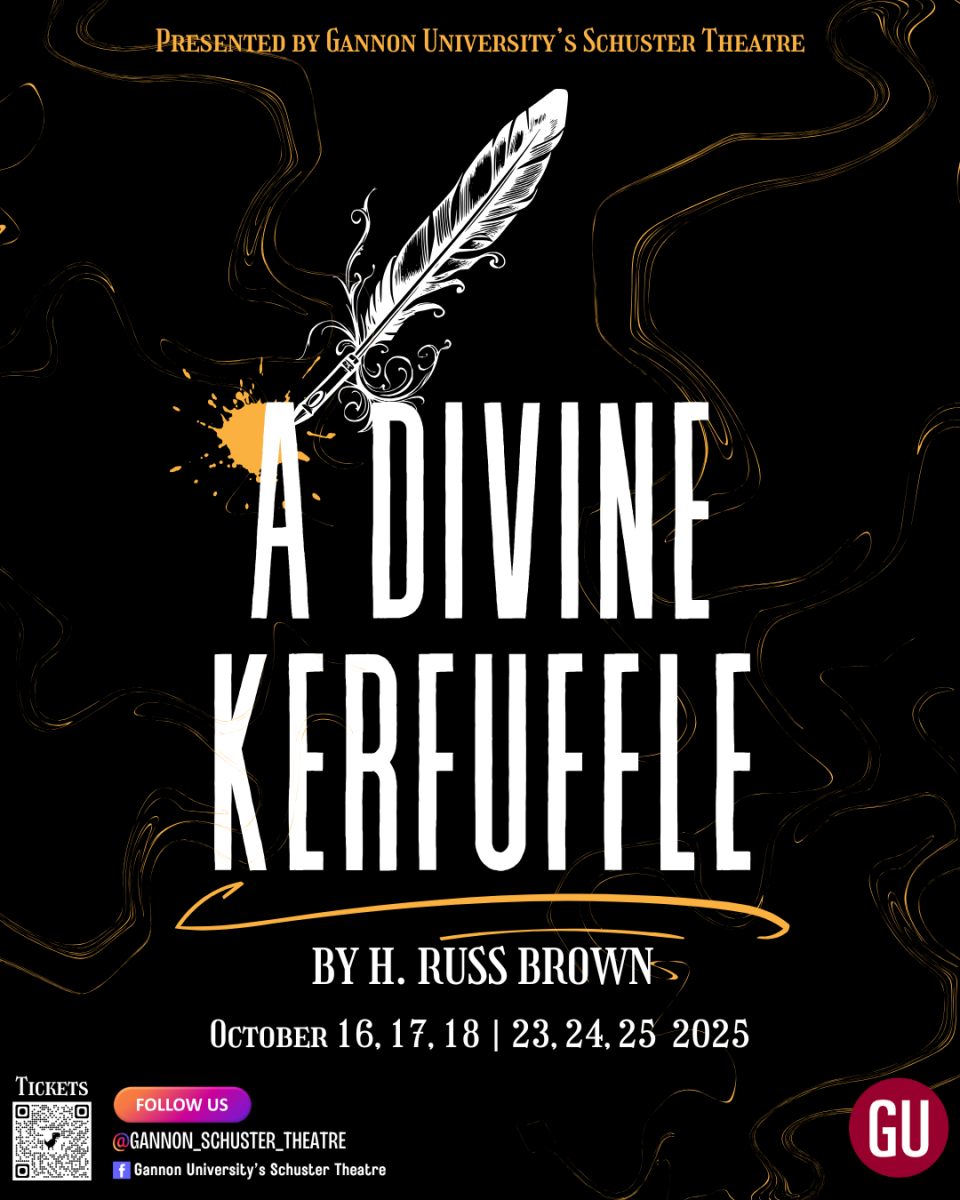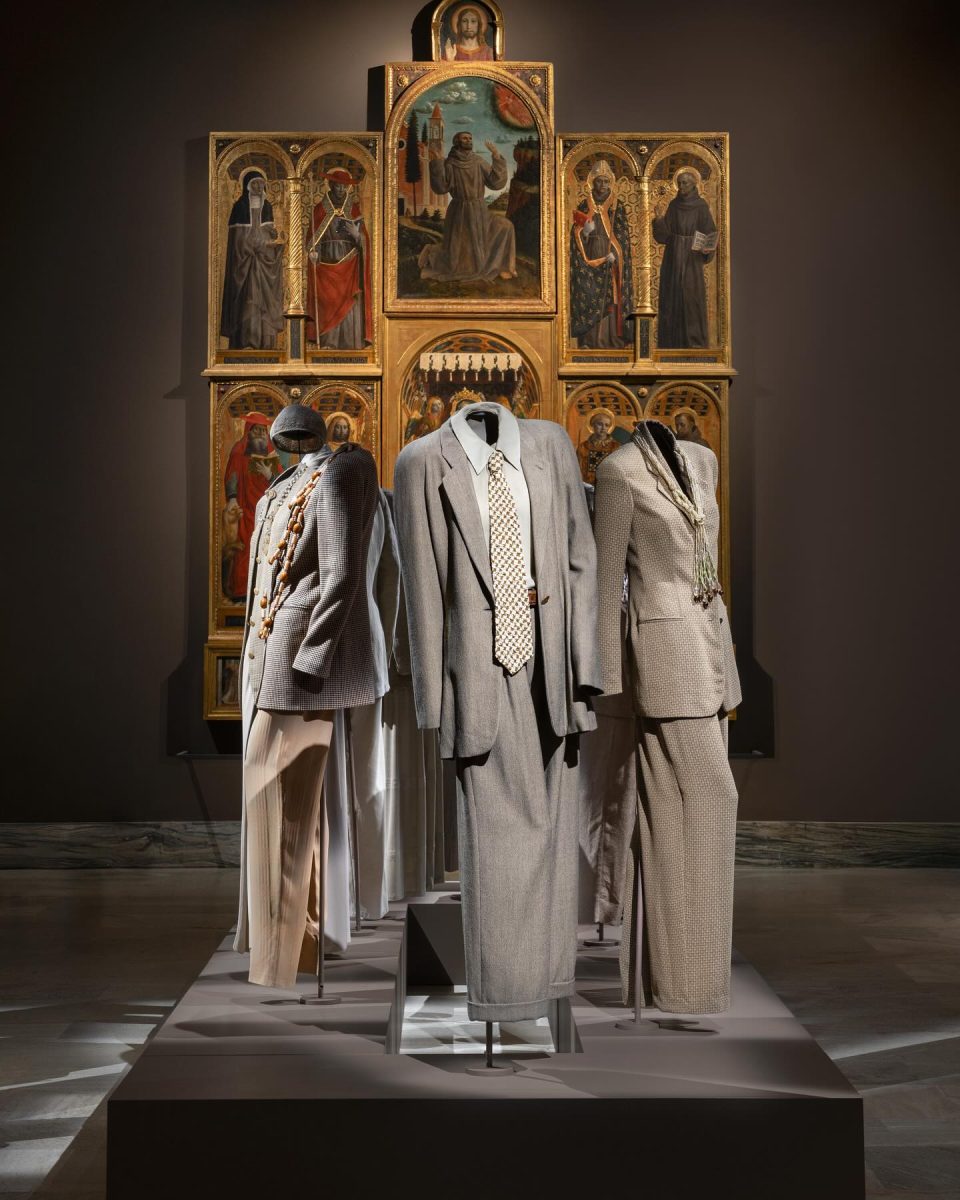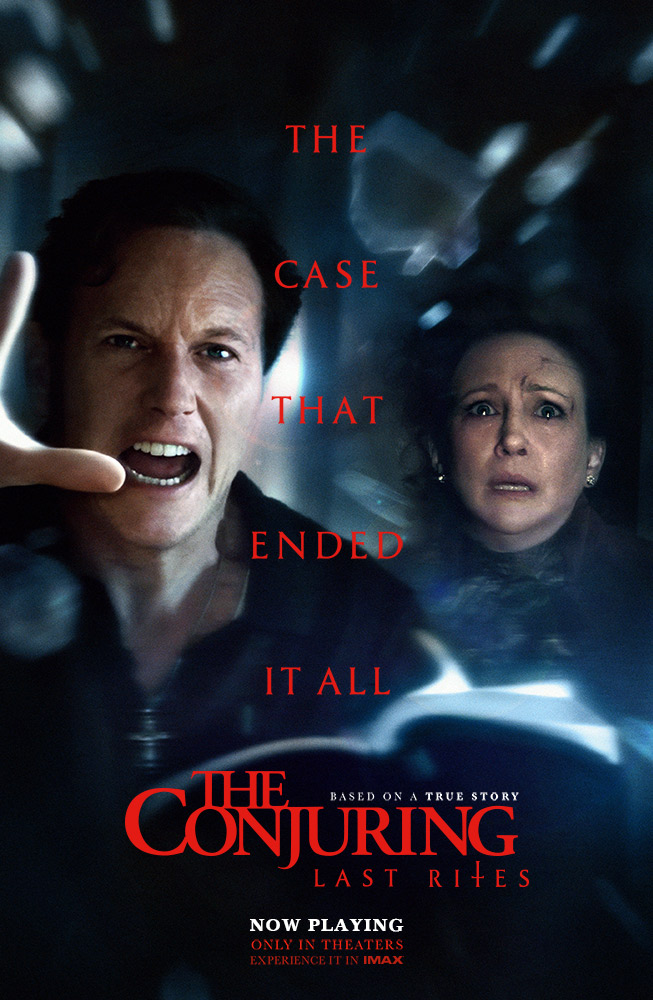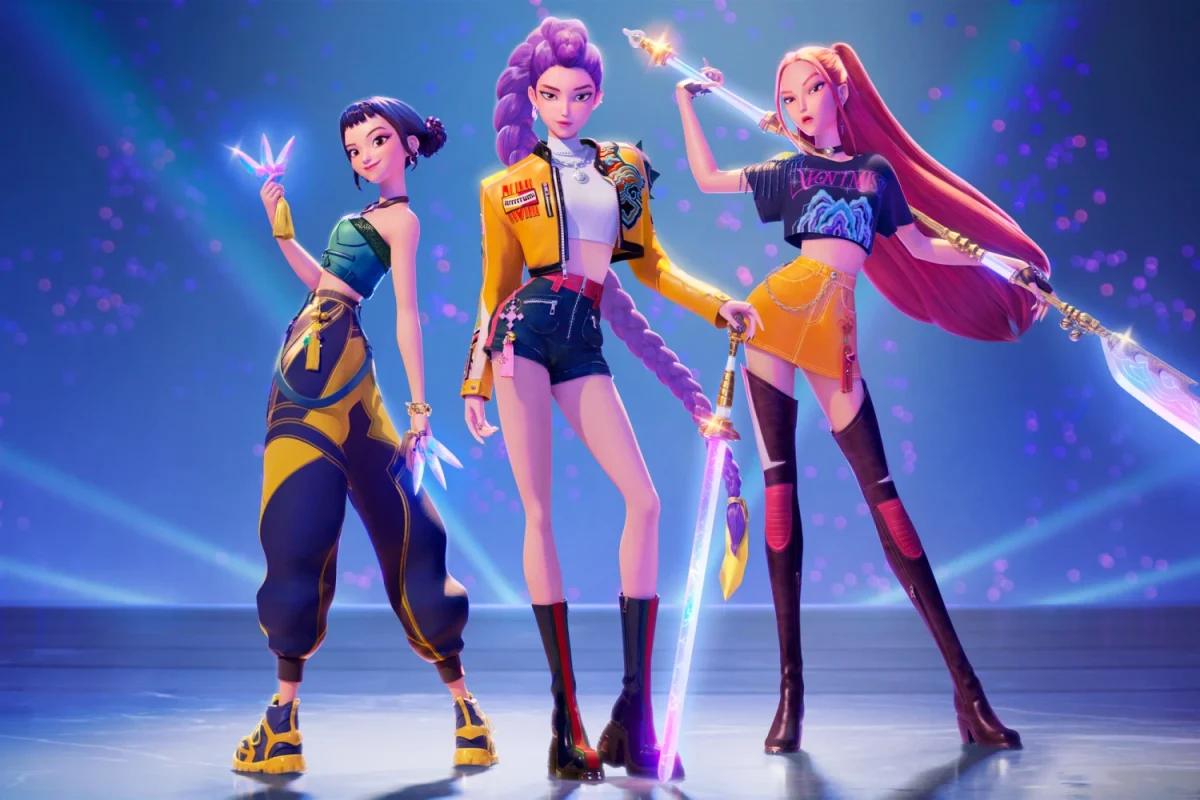By KYLE JOSEPH
features editor
Kurt Cobain and Nirvana pioneered a genre of music that would become the voice of a generation with their first full-fledged album, “Nevermind.”
On Saturday, Nirvana’s multiplatinum album celebrated its 25-year anniversary.
Recognized by many as one of the greatest and most influential albums of all time, “Nevermind” not only helped catapult alternative rock into mainstream music but also became a defining component of ‘90s pop culture.
Following an ‘80s decade dense with pop music by the likes of Michael Jackson, Madonna and hair metal by bands like Mötley Crüe and Def Leppard, “Nevermind” came at a time when people were anxious for something different.
“Nevermind,” and particularly its lead single, “Smells Like Teen Spirit,” were almost single-handedly responsible for introducing the world to the Seattle-based grunge subgenre.
Nirvana hadn’t invented this genre. In fact, there were already moderately well-known grunge bands that would later go on to have a lot of success, like Soundgarden and Pearl Jam.
But nobody had the blend of innovation and mainstream appeal that Nirvana did before “Nevermind,” and seemingly overnight, classic rock was dead.
Grunge music wasn’t just loud; it was angry. Grunge touched on the same anti-establishment themes of ‘70s punk music, but there was something different about it.
Its angst and general disinterest in the glamorous lifestyle of rock stars of the past connected with teens and young adults in a way rock couldn’t in the ‘80s.
Cobain showed that you didn’t have to play guitar like Eddie Van Halen to be a rock star.
The band didn’t bother with pyrotechnics and special effects that had become so popular at rock shows at the time. Not that there was anything wrong with that; Cobain would just rather don one of his thrifted cardigans, grab a pair of jeans out of the dirty laundry pile, turn up his amp and play.
Stars who otherwise despised the limelight, used the platform to call for real socio-political reform in movements previously underrepresented or nonexistent in rock.
Cobain, a staunch feminist, rejected the idea that women were ever responsible for rape and promoted an anti-rape education for men.
Eddie Vedder, frontman of Pearl Jam, scribbled “pro-choice” on his arm in permanent ink during a performance on MTV. Grunge gave youth the confidence that it did have a voice, and a powerful one at that.
Another way that “Nevermind” and Nirvana helped contribute to music at the time that often goes overlooked was by bringing acoustic elements back to the forefront. This would go on to be a distinguishing factor of ‘90s music in general.
Although Nirvana appeared on the show a few years after MTV’s creation, their 1993 set on “MTV Unplugged” is arguably the most famous of them all and holds a legacy of its own.
The acoustic guitar wasn’t so “uncool” anymore. The fluid transition to a fully acoustic performance, which included hits from “Nevermind” such as “Come as You Are” and “Polly,” proved not only how dynamic Nirvana’s music could be, but also how dynamic grunge music could be as a whole.
Other grunge bands like Stone Temple Pilots, and to a much greater degree, Alice in Chains, would see similar success from their gigs on the show.
It seems like Kurt Cobain and Nirvana benefit from that “large in life, larger in death” phenomenon that has repeated itself in music history.
Cobain became the latest member of the 27 Club and Nirvana subsequently disbanded before anyone could come along and knock them off their pedestal.
Still, even at the height of their fame, it was undeniable what “Nevermind” had done for rock and for a generation of youth who felt hopeless about the future.
It changed the direction of mainstream music in a way we haven’t seen since and still resonates with fans 25 years later.
KYLE JOSEPH
[email protected]







